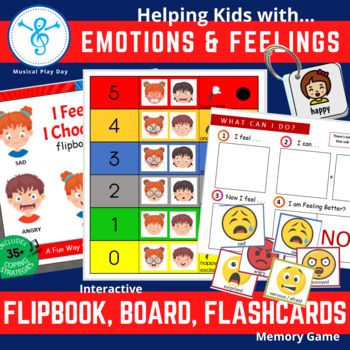In today's society, it is becoming increasingly important to address the mental health struggles faced by both men and women. However, due to various social and cultural factors, men often face unique challenges when it comes to seeking help and coping with mental health issues. This article aims to shed light on the importance of men's mental health and provide some effective coping strategies that can help men effectively deal with their struggles.
Understanding the Stigma Around Men's Mental Health
One of the biggest barriers that prevent men from seeking help for their mental health concerns is the stigma attached to discussing their emotions. Society often expects men to be strong, independent, and devoid of vulnerability. This societal pressure makes it difficult for men to open up and seek support, leading to feelings of isolation and worsening mental health conditions. It is crucial to break this stigma and create a safe environment where men can freely express their emotions without feeling judged. Education and awareness campaigns should be promoted to challenge toxic masculinity norms and encourage men to prioritize their mental well-being.
Signs and Symptoms of Men's Mental Health Issues
Recognizing the signs and symptoms of mental health issues in men is essential for early intervention and support. Men may exhibit different manifestations of mental health challenges compared to women. Some common signs include: Increased irritability or anger Difficulty concentrating Social withdrawal Insomnia or changes in sleep patterns Increased reliance on substances
Effective Coping Strategies for Men
When it comes to coping with mental health challenges, men often find it helpful to adopt certain strategies. Here are some effective coping strategies tailored to meet the unique needs of men:
1. Seek Professional Help
It is important to remember that seeking help from a mental health professional does not make you weak. In fact, it takes courage to acknowledge that you need assistance. A trained therapist or counselor can provide valuable guidance and support, helping you develop coping tools to navigate through your challenges.
2. Establish a Supportive Network
Building a network of supportive friends, family members, or fellow men who have similar experiences can be immensely beneficial. Sharing your thoughts and feelings with trusted individuals can help alleviate stress and offer a fresh perspective on your struggles. Online support groups or community organizations can also provide valuable resources and connections.
3. Engage in Regular Exercise
Physical activity is not only beneficial for your physical health but also plays a significant role in boosting mental well-being. Engaging in regular exercise can release endorphins, reducing symptoms of depression and anxiety. Find a form of exercise that you enjoy, whether it's weightlifting, running, or playing a team sport.
4. Practice Mindfulness and Self-Care
Make time for self-care activities that promote relaxation and self-reflection. Mindfulness techniques, such as meditation or deep breathing exercises, can help you manage stress and enhance overall mental health. Prioritize activities that bring you joy and allow you to recharge, such as spending time in nature, pursuing hobbies, or listening to music.
5. Challenge Negative Thoughts
Men often internalize negative thoughts or exhibit self-critical behavior. Learning to challenge and reframe these negative thoughts can significantly improve mental well-being. Engage in positive self-talk, acknowledge your strengths, and practice self-compassion. Consider keeping a journal to reflect on your thoughts and emotions.
Conclusion
Men's mental health is an important topic that requires increased attention and support. By breaking the stigma around men's mental health, recognizing the signs of struggles, and adopting effective coping strategies, men can lead happier and healthier lives. It's time to prioritize mental health and create a society where men feel comfortable seeking help and finding support.









